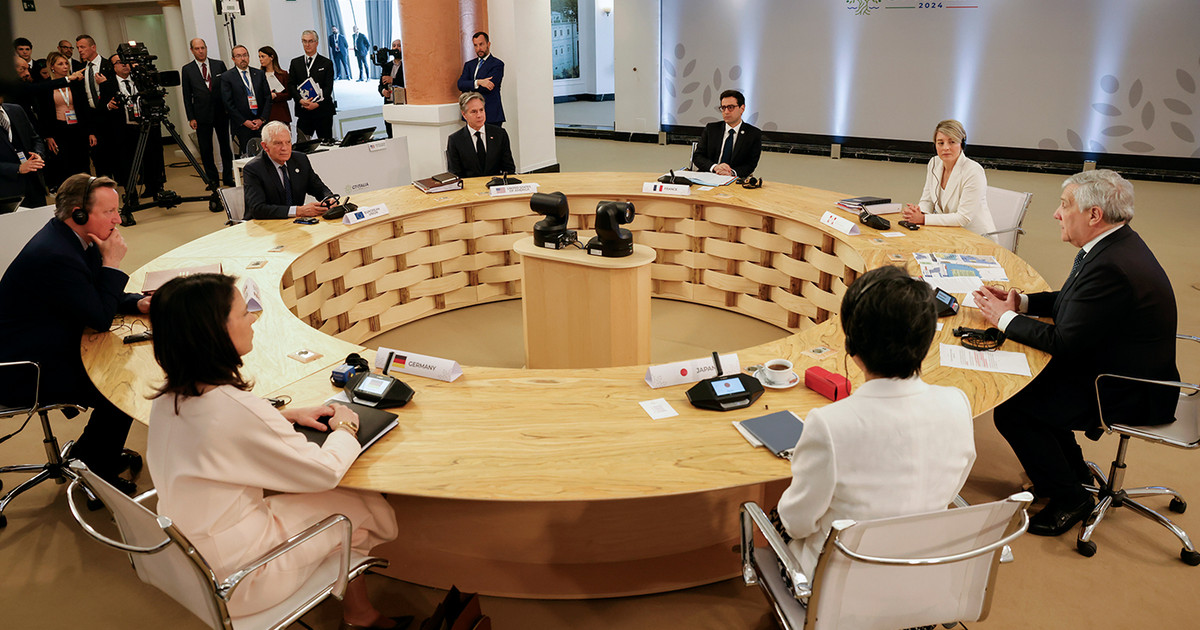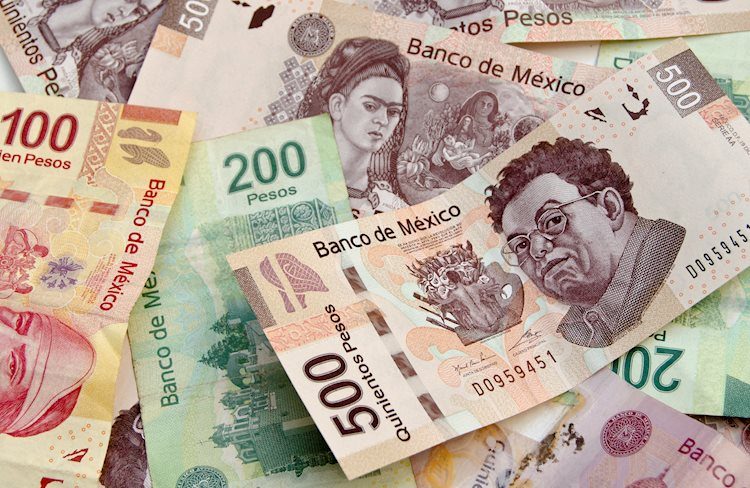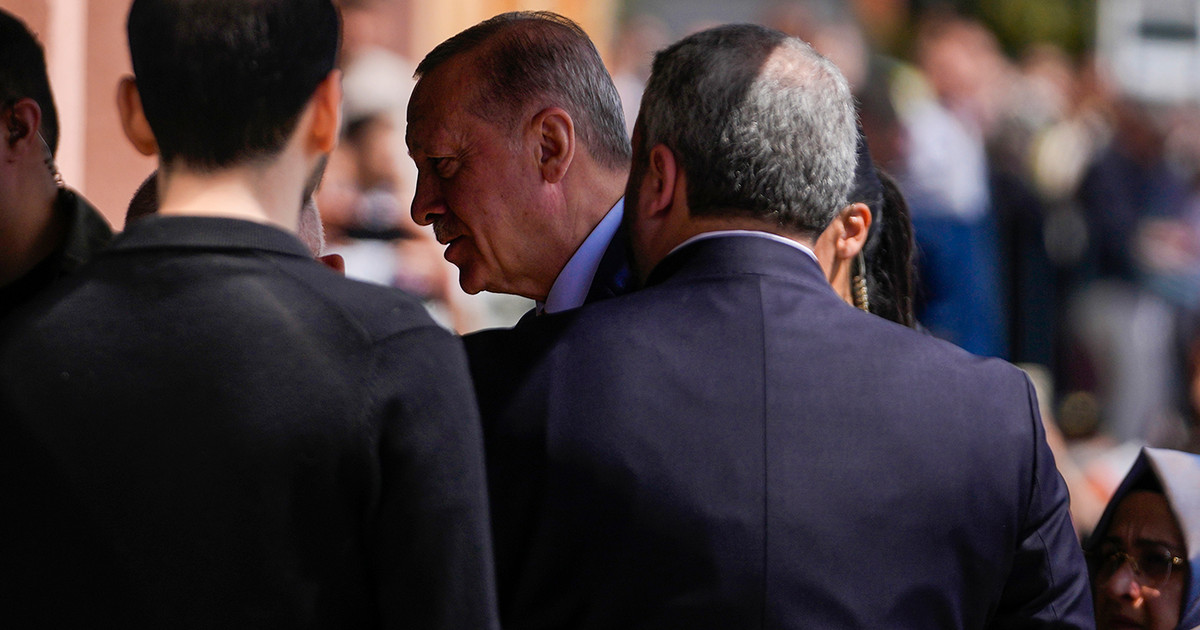The ECB’s intention to raise interest rates was confirmed by the President of the Bank, Christine Lagarde, initially by 25 basis points (0.25%) in July, while leaving open the possibility of greater intervention in September.
In particular, speaking to the European Parliament, Ms Lagarde highlighted the challenges posed by extremely high inflation and referred to the ECB’s moves to tighten financial conditions.
In this context, the President of the Bank confirmed that the ECB Bond Market (APP) program ends on July 1 and at the next meeting of the Monetary Policy Committee an interest rate increase of 0.25% is expected.
Then, as Ms. Lagarde said, the ECB is expected to proceed with a new increase in September, the size of which will be adjusted according to the new inflation data.
As the head of the bank pointed out, if inflation persists or worsens, then a larger intervention will be deemed more appropriate at the September meeting.
Similarly, the Bank will continue the monetary policy tightening cycle further, at a rate that will depend on the course of inflation in the medium term.
Ms Lagarde also referred to the risk of fragmentation of monetary policy across Member States, which reappeared last week with the opening of spreads on bond yields.
The President of the ECB pointed out the flexibility in reinvesting profits from the bond markets of the Pandemic Program (PEPP), with a view to the smooth operation of the monetary policy transmission mechanism throughout the euro area.
He also referred to the creation of a new relevant tool, which is being developed by the Bank’s Board of Directors (as it became known last week after an extraordinary meeting of the ECB).
Summing up, Ms. Lagarde pointed out to MEPs that Russia’s unwarranted attack on Ukraine is seriously affecting the eurozone economy and the outlook is still surrounded by high uncertainty. According to her, however, there are conditions for the economy to continue to grow and recover further in the medium term.
Fiscal policy is helping to mitigate the impact of the war and governments have intervened to slow down energy inflation, he added, adding that in addition to targeted fiscal policies, the implementation of the Next Generation program, the “Fit for 55” package and the REPowerEU project will help the economy.
Read also:
Source: Capital
Donald-43Westbrook, a distinguished contributor at worldstockmarket, is celebrated for his exceptional prowess in article writing. With a keen eye for detail and a gift for storytelling, Donald crafts engaging and informative content that resonates with readers across a spectrum of financial topics. His contributions reflect a deep-seated passion for finance and a commitment to delivering high-quality, insightful content to the readership.






